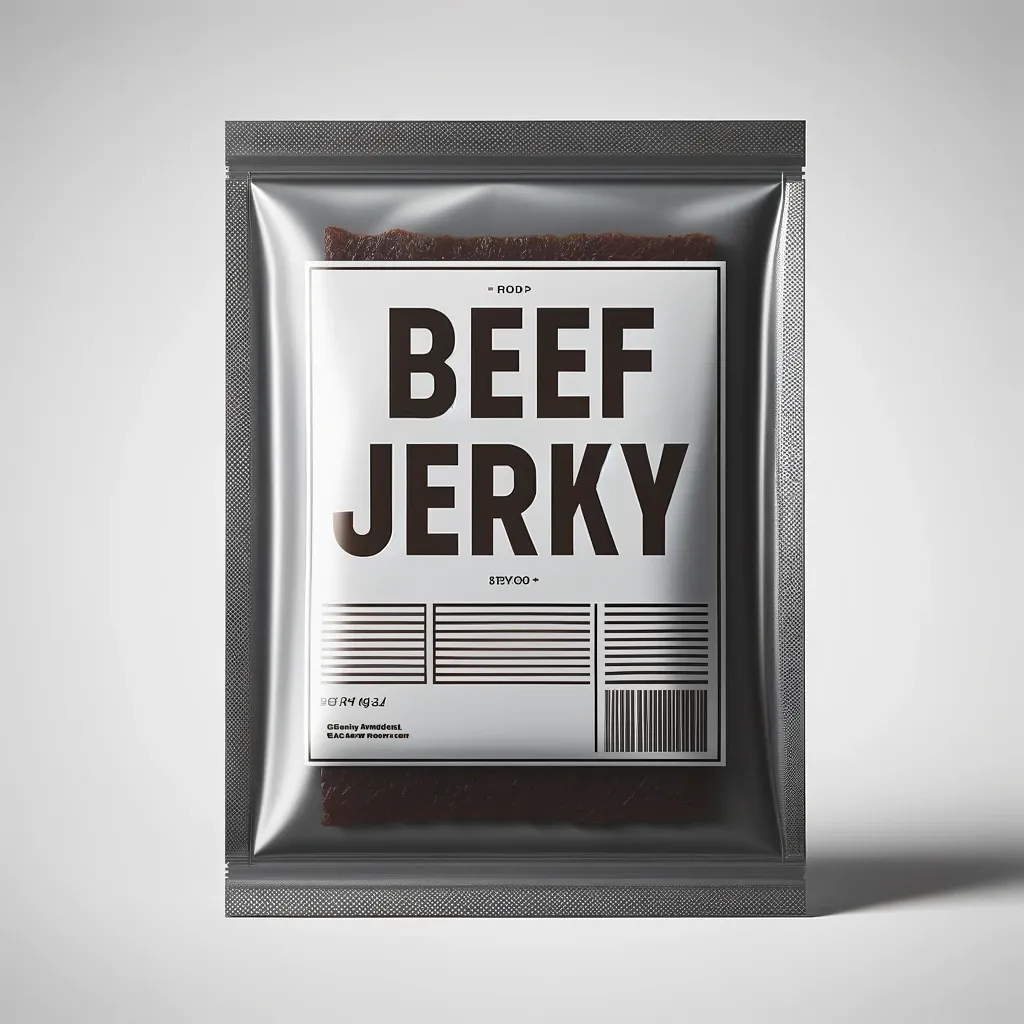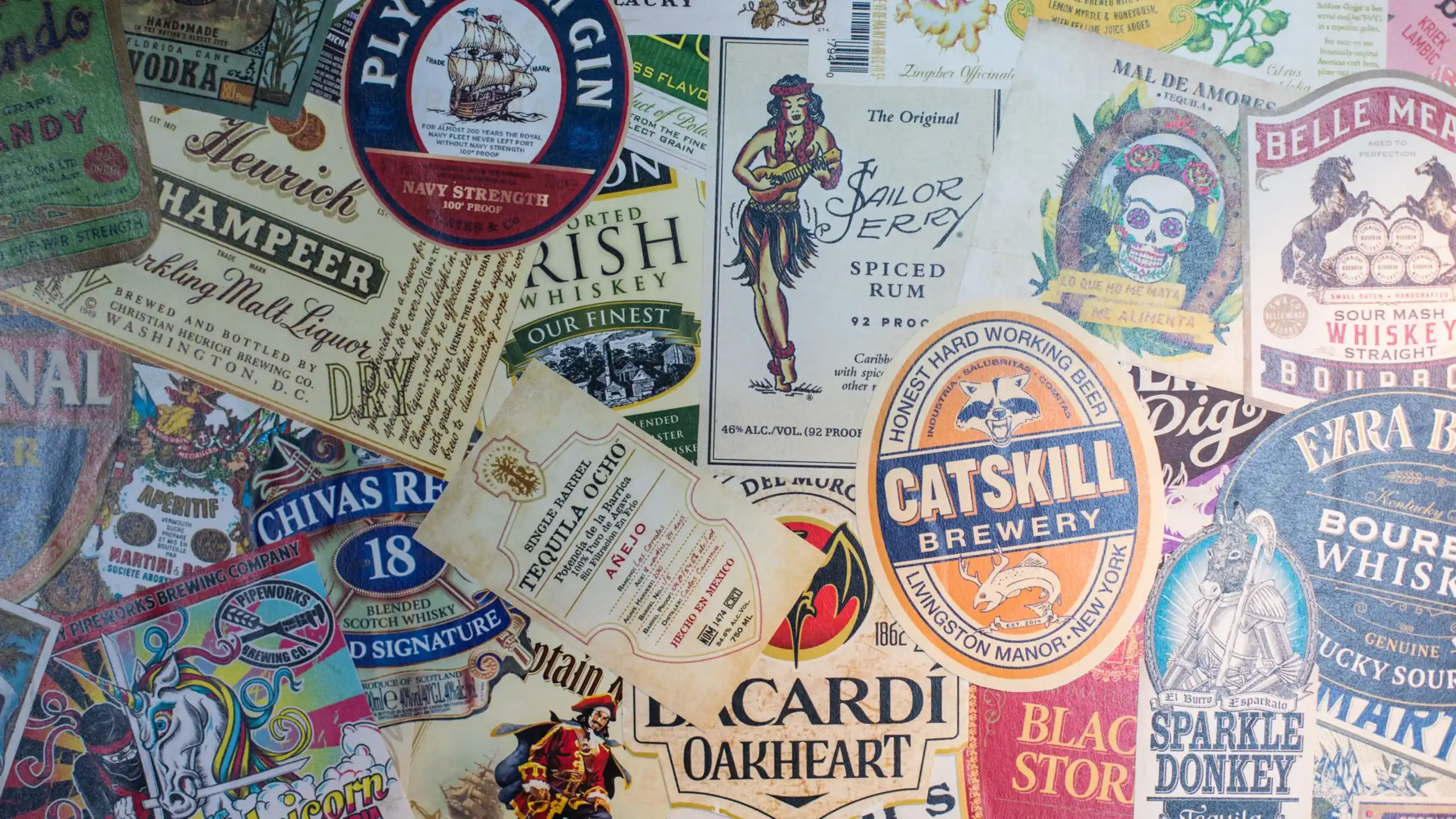How to Choose the Right Stickers or Labels for Your Needs
Understanding the difference between stickers and labels is key to choosing the right one for your needs. This guide will explore their distinct characteristics and applications.
Defining Stickers and Labels
Stickers and labels, although often used interchangeably, serve unique purposes. By understanding their differences, you can select the best option for your requirements.
What Are Stickers?

Stickers are designed for personalization and branding. They are visually appealing and versatile, ideal for both personal use and marketing purposes.
Material and Finish:
Stickers are primarily made from vinyl or durable paper. They come in various finishes to cater to different aesthetic and functional needs:
- Glossy: Bright and eye-catching, perfect for vibrant designs.
- Matte: Non-reflective, offering a stylish and sophisticated appearance.
- Clear: Subtle and versatile, ideal for placing on various backgrounds without hiding surface details.
Usage Scenarios:
Stickers are particularly useful when die-cut into custom shapes, making them perfect for:
- Laptops and Tablets: Enhancing brand presence or personalizing devices.
- Water Bottles: Ideal for marketing or individual expression.
- Event Handouts: Effective at trade shows and events for spreading brand awareness.
- Product Labeling: Adding a unique touch to consumer goods such as electronics or books.
- Promotional Items: Creating collectible or limited-edition items to enhance customer engagement.
What Are Labels?

Labels are practical tools for conveying essential information about products. They are durable and designed to remain legible under various conditions.
Material and Durability:
Labels are indispensable in settings that require clear, concise, and durable information:
- Food Packaging: Essential for showing ingredients, expiry dates, and nutritional information.
- Medical Supplies: Labels provide instructions and warnings, crucial for safety.
- Industrial Products: They detail safety procedures and product specs.
- Consumer Electronics: Labels display necessary technical information.
- Retail Store Products: Used for pricing, barcodes, and other critical retail information.
Detailed Comparisons: Stickers vs. Labels


Understanding the specific attributes of stickers and labels can guide your decision-making process:
Adhesive Quality:
- Stickers: Typically have a stronger adhesive but may leave residue when removed. Suitable for short-term applications.
- Labels: Feature adhesives designed to not degrade over time, ideal for long-term applications where durability is key.
Design Flexibility:
- Stickers: Offer more creative freedom. They can be crafted in any shape and color, which makes them perfect for capturing attention.
- Labels: While they must be legible and fit the product’s design, there is still room for creativity in terms of typography and layout.
Extended Uses and Creative Applications

Marketing and Brand Promotion:
- Stickers: An excellent tool for guerrilla marketing, stickers can turn any surface into an ad space.
- Labels: Beyond mere identification, labels can be designed to enhance shelf impact and attract consumers.
Safety and Compliance:
- Labels: Mandatory in industries like pharmaceuticals and chemicals, where compliance with regulations is essential.
- Stickers: Can be used for warnings in less regulated environments, offering flexibility in usage.
FAQs
To further aid your decision, here are answers to common questions about choosing and using stickers and labels:
What should I consider when ordering stickers or labels for outdoor use?
Look for UV-resistant materials and adhesives that can handle weather conditions.
How should I choose between stickers and labels for my product packaging?
Consider the durability needs and whether the information needs to stay intact for the life of the product.
What are the environmental considerations when choosing stickers or labels?
When choosing stickers or labels, look for options made from eco-friendly materials like recycled paper or biodegradable vinyl. Also, consider selecting products that use non-toxic, water-based adhesives to minimize environmental impact.
